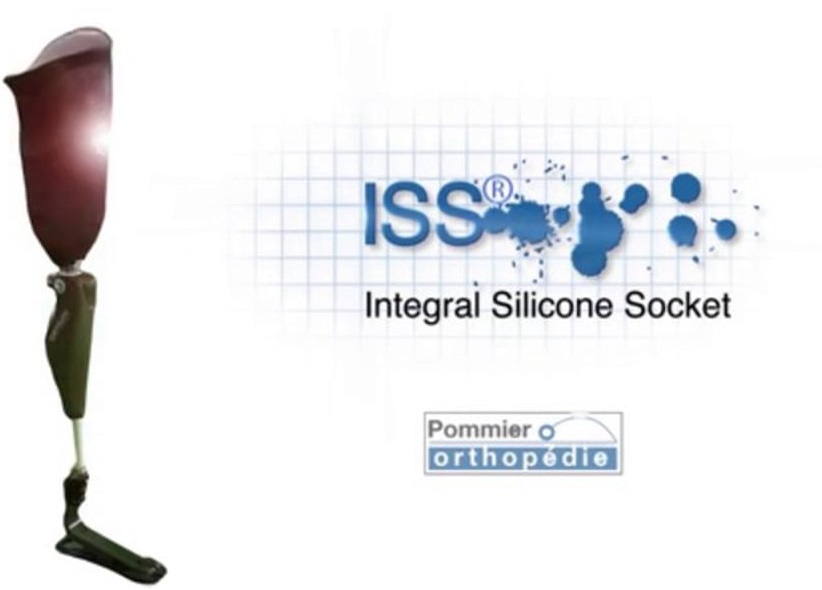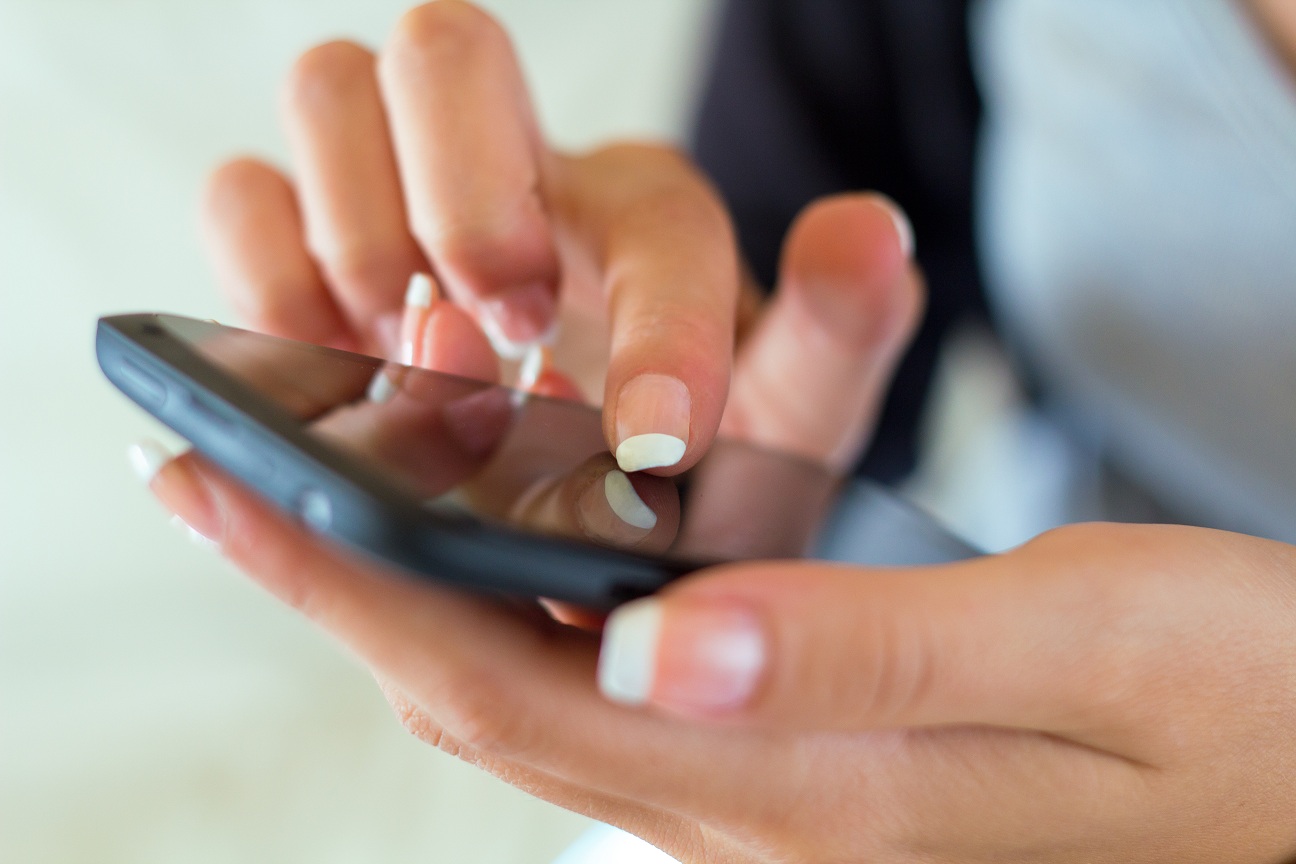The era of new technologies seems benefit to everyone. These new tools are more and more embedded in medicine. Support continuous is often expensive, there are a lot of alcoholic patients who don't receive the care desired. New technologies seem to offer a new way to treat these patients.
As part of a project funded by the National Institute on Alcohol Abuse and Alcoholism (NIAAA, depending on National Institutes of Health NIH-American), researchers from the University of Wisconsin developed an application which allows patients to have a support almost anywhere and anytime. The application is called: A-CHESS-Addiction for Comprehensive Health Enhancement support System.
This new app designed to help patients in their efforts against alcohol withdrawal, leads to drink less or find support when needed.
Then, patients have an access to static services such as audio-guided relaxation sessions, or interactive services like a GPS alert system which activates when the patient approaches a bar he frequented, asking him if he really wants to go. And if the application locates that the patient remains too long near a bar, it sends him a video of an alcoholic telling his misery facing illness or a video of one of his children begging him not to drink.
Patients can also get in touch quickly with at least two persons of their choice by pressing a "panic" button. Users receive messages of encouragement every day on the phone in order to not crack. Every week they answer a questionnaire to measure their difficulty to resist to the temptation.
A study was conducted to evaluate the effectiveness of the implementation.
The team of Professor David Gustafson, author of the study, observed 349 patients for one year.
179 followed a year of treatment classic post-weaning, and 170 also one year of treatment but with the application. The objective was to assess the number of days at risk per week. A day at risk for an alcoholic seems to drink more than four drinks for men and three drinks for women in less than two hours. Each month, patients were given the number of days they had endangered their healing.
The results showed a striking difference: the users of the application took about 1.39 risk's days per week against 2.75 risk's days per week for patients without the application.
The researchers were able to see if the application also helped to refrain from drinking. Of the 170 patients with the application, 52% were able to not drink a drop for the duration of the study against 40% for patients receiving conventional treatment.
For now, the A-Chess's application is not for everyone. "To join the study, mutuals must pay $ 10,000 per patient," says the author of the study. A company was hired to create an application of the same type but accessible to the general public.
Perhaps this first test will afford to treat other types of diseases or addictions. The integration of smartphones in our daily life is also gradually increasing in medicine and never ceases to amaze us.
















